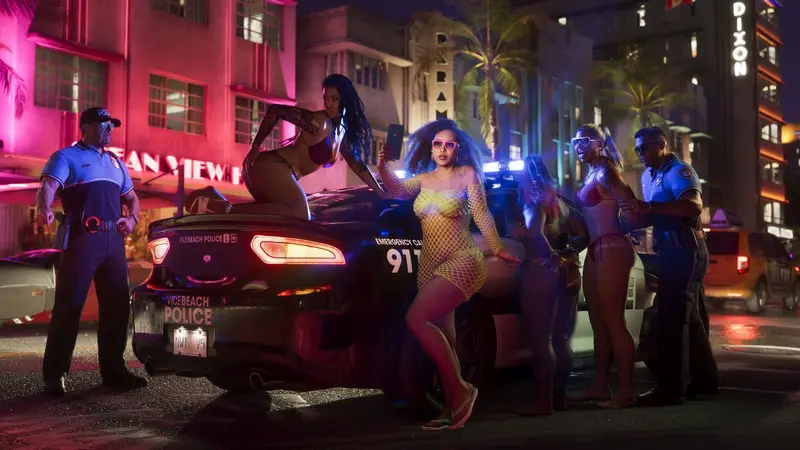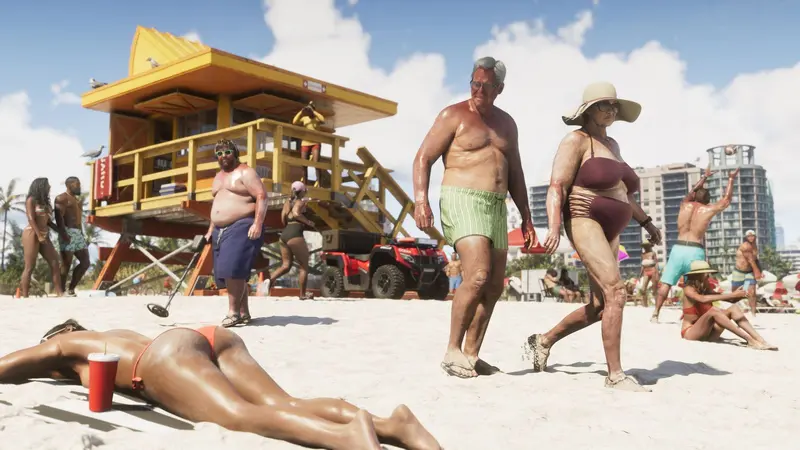GTA 6 Soundtrack Revolution: Viral Hits, Live Concerts, and Money-Making Mayhem
How GTA 6's soundtrack evolution, from TikTok viral hits to potential virtual concerts, could transform Vice City into gaming's hottest music platform
Updated November 7, 2025: GTA 6 release date.
Grand Theft Auto has always been about more than just stealing cars and pulling heists - it’s about the banging soundtrack that turns every mission into a cinematic moment. From Vice City’s iconic 80s radio stations to GTA V’s 400+ licensed tracks, Rockstar has consistently proven that music isn’t just background noise - it’s cultural currency. But GTA 6 isn’t just continuing that tradition. It’s potentially revolutionizing it by embracing viral hits, hinting at virtual concert possibilities, and opening doors to music-based monetization that could turn Vice City into gaming’s most profitable entertainment platform.
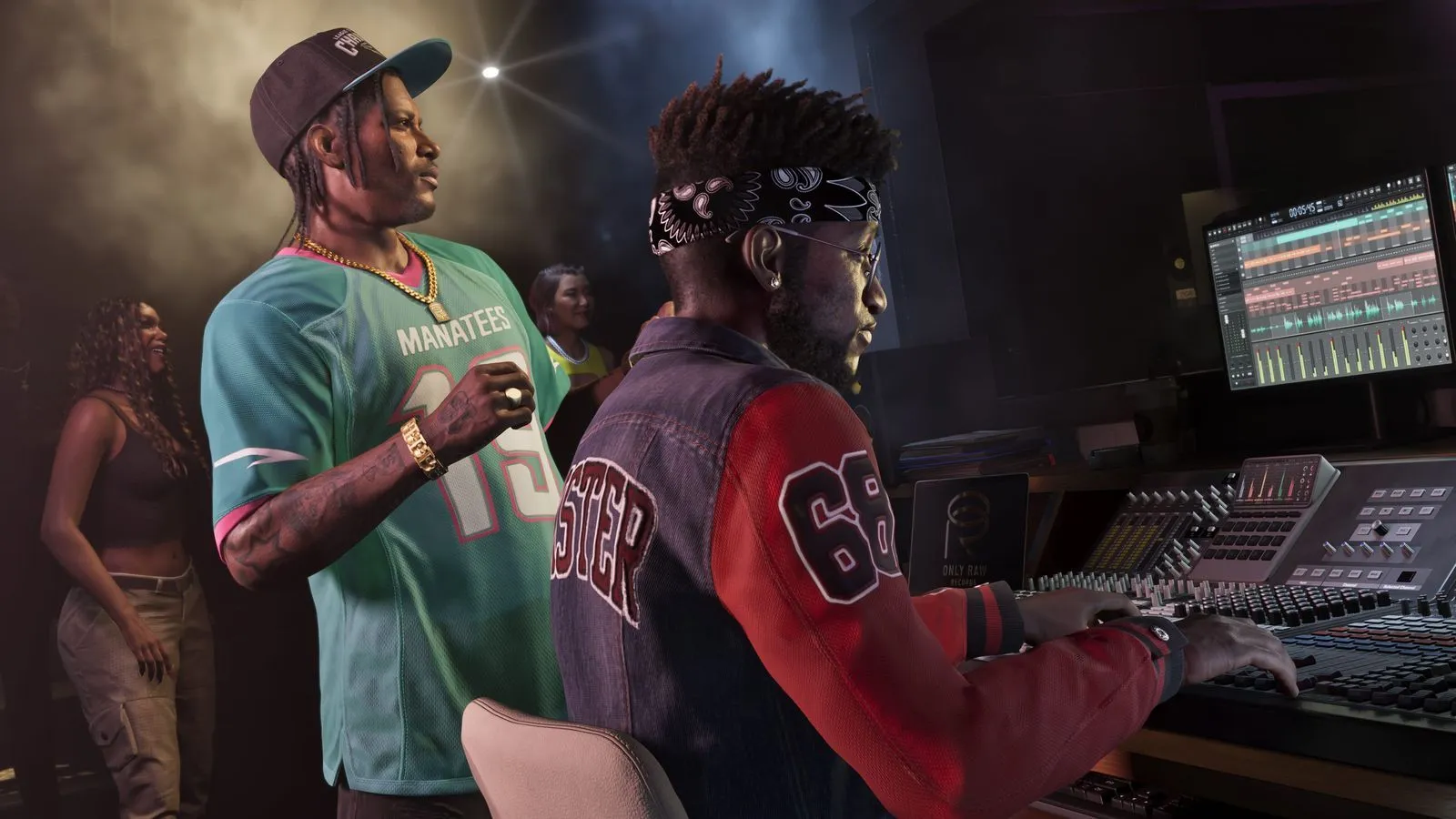
Image courtesy of Rockstar Games
The evidence is already emerging. Rapper Skrilla confirmed on Matt and Shane’s Secret Podcast that his viral TikTok hit “Doot Doot (6 7)” will feature in GTA 6’s soundtrack - a meme song with millions of views making its way into what’s projected to be an $8+ billion game. Even more impressive? “Hot Together” by The Pointer Sisters experienced a 182,000% spike in Spotify streams after appearing in GTA 6’s second trailer. That’s not just marketing power - that’s absolute cultural dominance.
From Radio Stations to Living Soundscapes
GTA’s approach to music has always been brilliant - curated radio stations that reflect different eras, cultures, and moods. Vice City gave us Wave 103 and Flash FM. GTA V expanded with stations like Radio Los Santos and FlyLo FM. But GTA 6 could potentially take this foundation and build something unprecedented.
The confirmed soundtrack already shows Rockstar’s range. Alongside Skrilla’s viral hit, we’ve got classic rock (Tom Petty’s “Love is a Long Road”), pop (Wang Chung’s “Everybody Have Fun Tonight”), country (Tammy Wynette’s “Talkin’ to Myself Again”), and even Haitian compas with Zenglen’s “Child Support” - reflecting Vice City’s cultural diversity in ways the original game couldn’t.
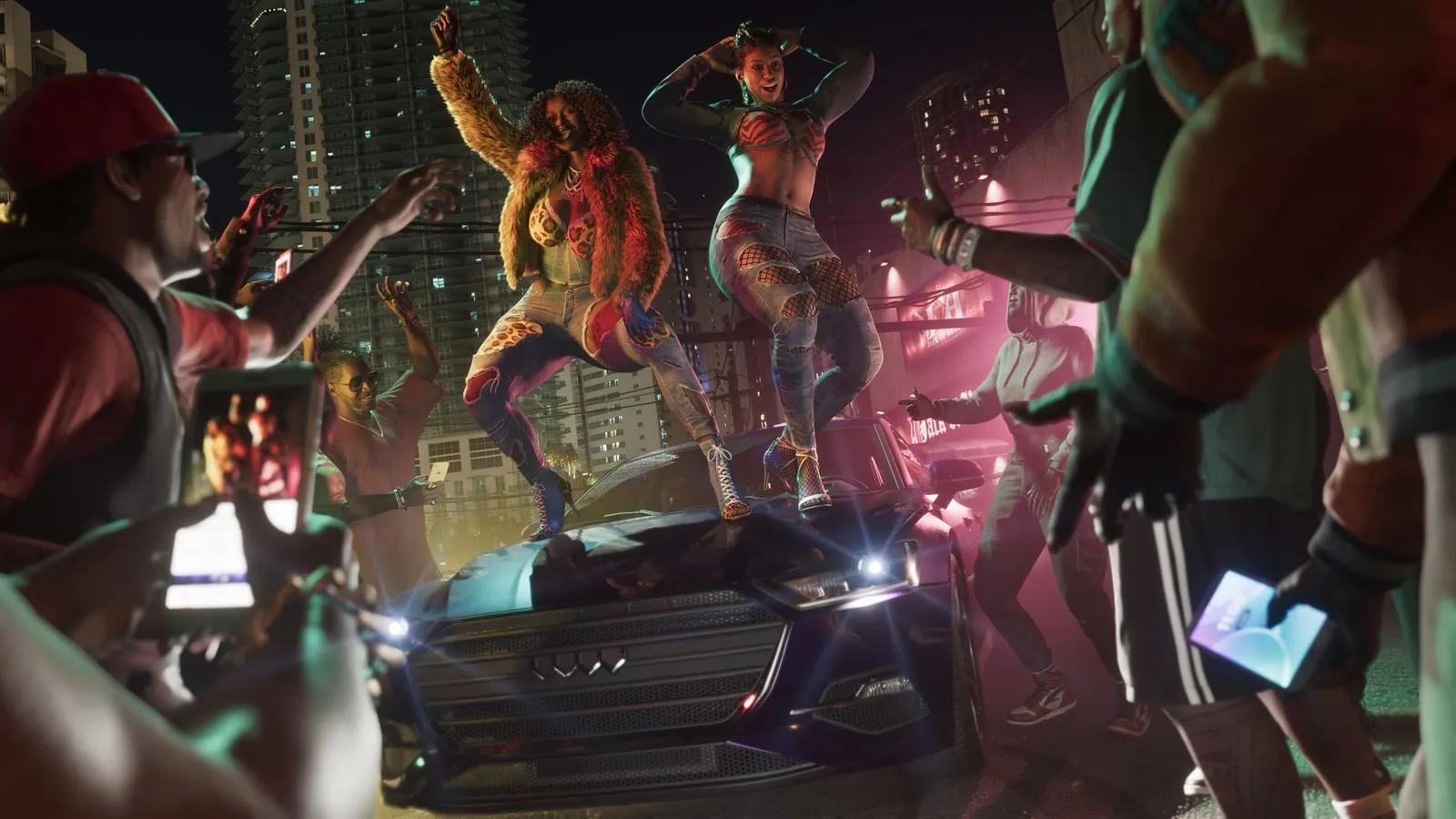
Image courtesy of Rockstar Games
Rumors suggest major contemporary artists could host their own stations. Drake, DJ Khaled (leveraging his Miami roots), Kendrick Lamar, and T-Pain have all been speculated to have involvement with GTA 6’s music ecosystem. While nothing’s confirmed beyond the trailer tracks, the pattern is clear - Rockstar is bridging classic hits with contemporary viral culture.
Music industry analyst and gaming commentator Mark Brown noted in a recent video essay that “GTA has always been a time capsule, but GTA 6 seems positioned to be a living music platform - something that evolves with culture rather than just capturing a moment.”
The Virtual Concert Revolution - What Other Games Proved Works
Here’s where things get wild. While Rockstar hasn’t confirmed virtual concerts for GTA 6, the gaming industry has already proven this concept can be absolutely massive - and profitable.
Fortnite’s Blueprint for Success
Fortnite essentially wrote the playbook for in-game music events. When Marshmello performed at Pleasant Park in 2019, it was a novelty. By the time Travis Scott’s “Astronomical” event happened in 2020, it had become a phenomenon - multiple showings accommodating millions of players worldwide. Ariana Grande’s “Rift Tour” in 2021 continued that momentum, proving this wasn’t a one-time gimmick.
The monetization strategy was genius: free concert attendance to drive maximum player engagement, then sell exclusive cosmetics, skins, and emotes themed around each artist. Limited-time availability created urgency. Players didn’t pay for tickets - they paid to commemorate the experience with digital merchandise they’d wear for months afterward.

Image courtesy of Rockstar Games
Gaming journalist Jason Schreier reported that these events weren’t just marketing - they were legitimate revenue generators through merchandise sales while simultaneously boosting overall player engagement and retention.
Other Platforms Getting in on the Action
Roblox hosted concerts with Lil Nas X and other artists, monetizing through platform-specific avatar items and limited-edition collectibles. Minecraft held charity events like the 2019 Fire Festival, proving virtual venues could serve multiple purposes - entertainment, community building, and social awareness.
Even traditional music games evolved. Guitar Hero Live introduced GHTV in 2015 - a streaming music video library where players could use in-game currency to replay favorite tracks, creating ongoing revenue from a constantly updated song catalog.
The Money-Making Mayhem - Proven Strategies That Work
Let’s talk about the business side, because this is where GTA 6 could potentially create opportunities for both Rockstar and players themselves.
What’s Already Working in Gaming
Fortnite Festival (launched December 2023) shows the current model: 500 V-Bucks per song (approximately $4.50) for individual track purchases, with rotating free content to maintain engagement. Artist-themed seasons featuring bands like Metallica provide structured content updates that keep players returning and spending.
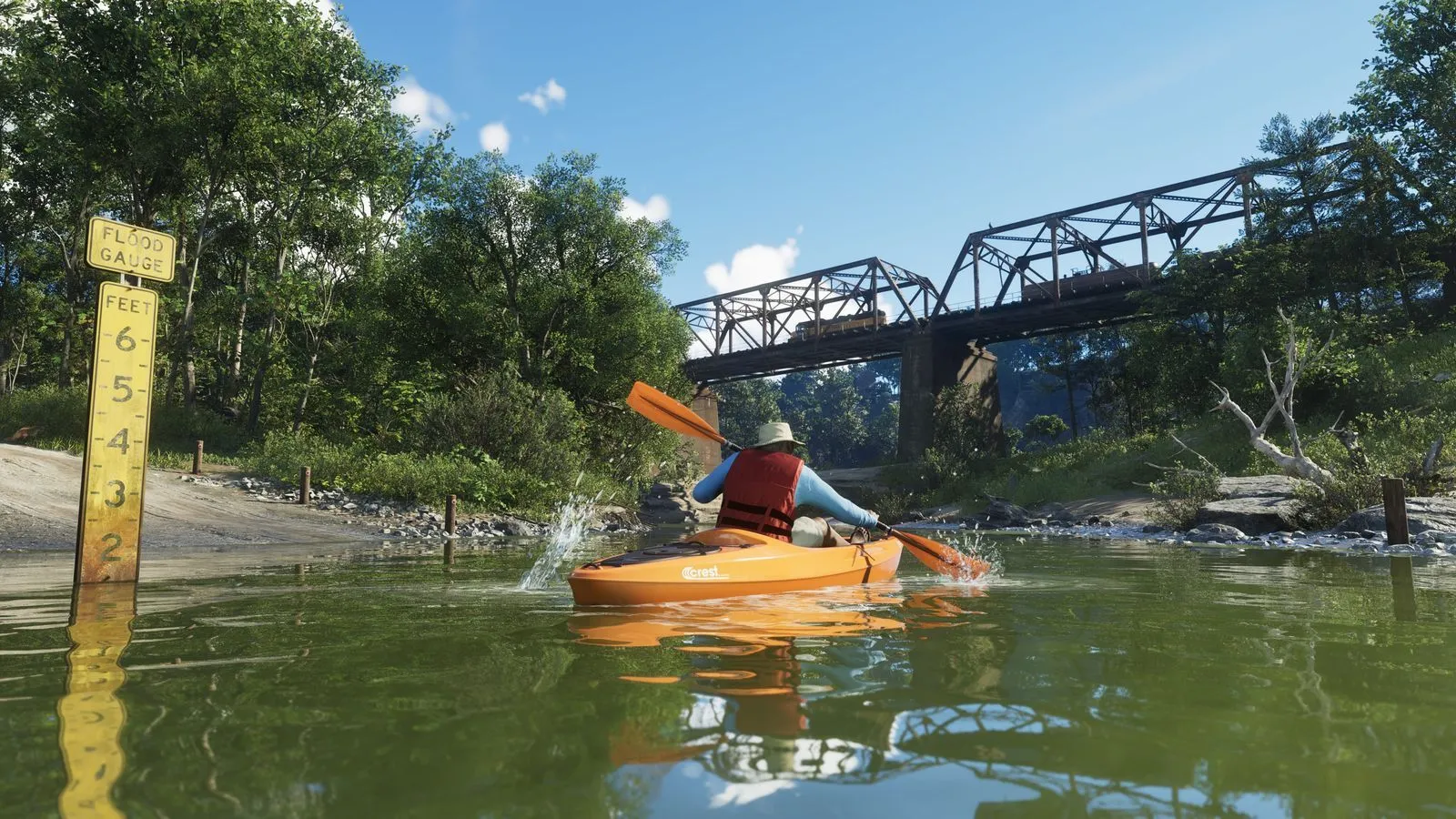
Image courtesy of Rockstar Games
The Battle Pass integration strategy has proven particularly effective - tying music content to existing progression systems creates multiple touchpoints for monetization without feeling exploitative. Players unlock concert-themed rewards through gameplay, while premium tiers offer exclusive cosmetics and early access.
Game industry consultant Ryan Morrison explained in a podcast interview that “music DLC has some of the highest profit margins in gaming - no physical inventory, relatively low licensing costs compared to revenue potential, and built-in collectibility that drives purchases beyond just the music itself.”
How GTA 6 Could Apply These Lessons
Vice City’s setting provides natural venues for music integration. DreQuan Priest, the entertainment industry character we’ve seen in trailers, could represent just one piece of a larger music economy system. Here’s what could potentially work:
Virtual Venue Ownership: Players might buy and operate nightclubs, concert halls, or beach venues. Book DJs, host events, earn passive income based on attendance and popularity. It’s the nightclub business from GTA Online, but potentially expanded with actual live music elements.
Custom Radio Stations: Imagine curating your own station with purchased tracks, then sharing it with the community. Small revenue splits for popular stations could create a creator economy around music curation itself.
GTA+ Subscription Integration: Rockstar’s existing subscription service could easily incorporate music benefits - exclusive radio stations, early access to new tracks, artist-themed vehicle customizations, behind-the-scenes content.
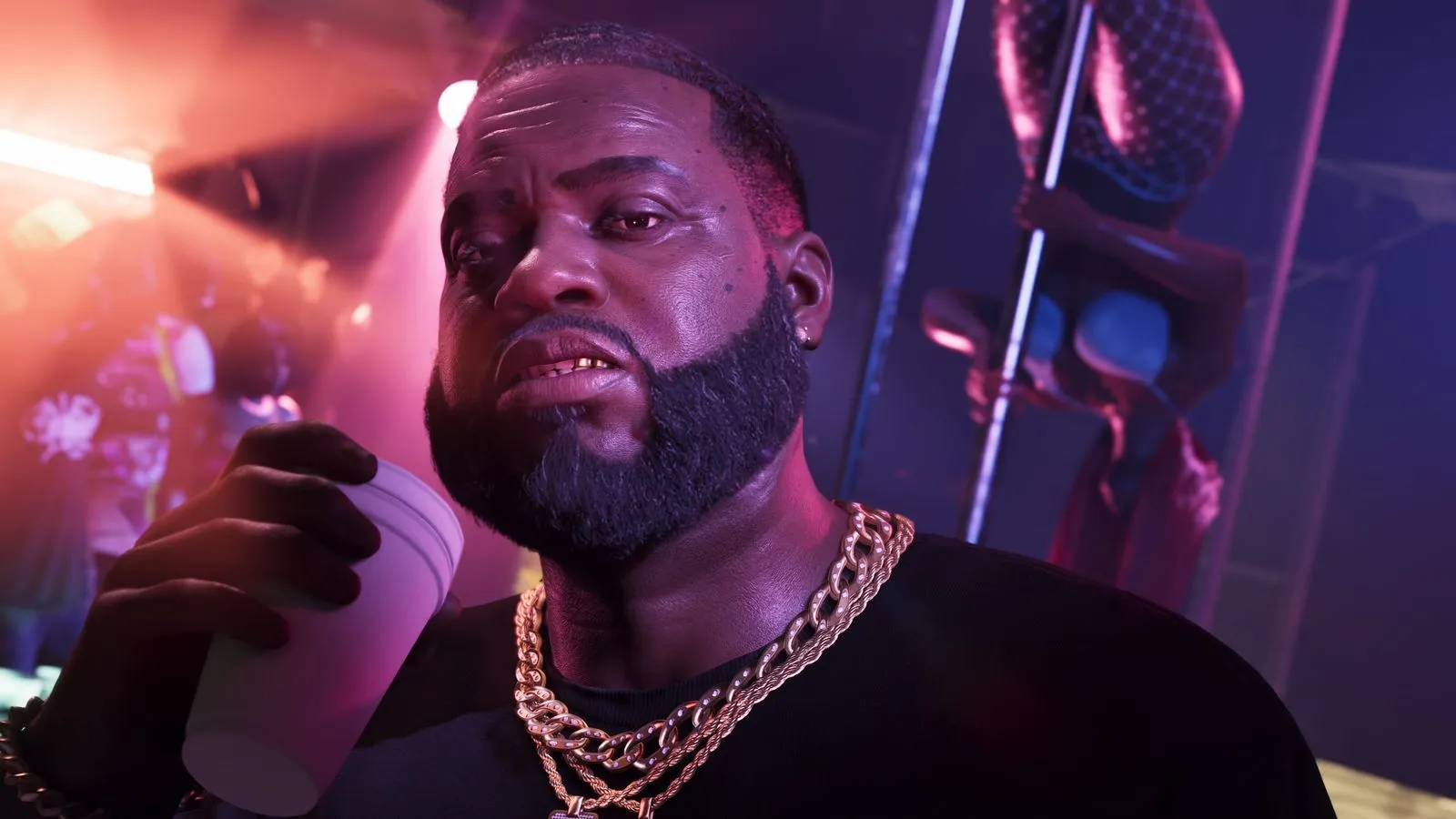
Image courtesy of Rockstar Games
Limited-Time Concert Events: If Rockstar goes the virtual concert route, free attendance drives player login rates while exclusive merchandise generates revenue. It’s the Fortnite model applied to Vice City’s authentic club culture.
This connects directly to the broader creator monetization opportunities Rockstar seems to be building. Music could become another revenue stream in what might be gaming’s most comprehensive creator economy.
The Cultural Impact Factor
Here’s what makes GTA’s music integration different from other games: cultural authenticity. When The Pointer Sisters saw that 182,000% Spotify spike, it wasn’t just marketing - it was Rockstar introducing (or reintroducing) genuine art to millions of players worldwide.
Music journalist Elamin Abdelmahmoud wrote about this phenomenon, noting that “GTA doesn’t just license music - it curates cultural moments. Players don’t just hear these songs; they experience them during adrenaline-fueled moments that create permanent associations.”
GTA V made Danny Brown and Jay Rock household names for a generation of gamers. Flying Lotus gained recognition far beyond experimental electronic circles. A$AP Rocky, Earl Sweatshirt, and Freddie Gibbs all benefited from GTA’s curatorial choices.
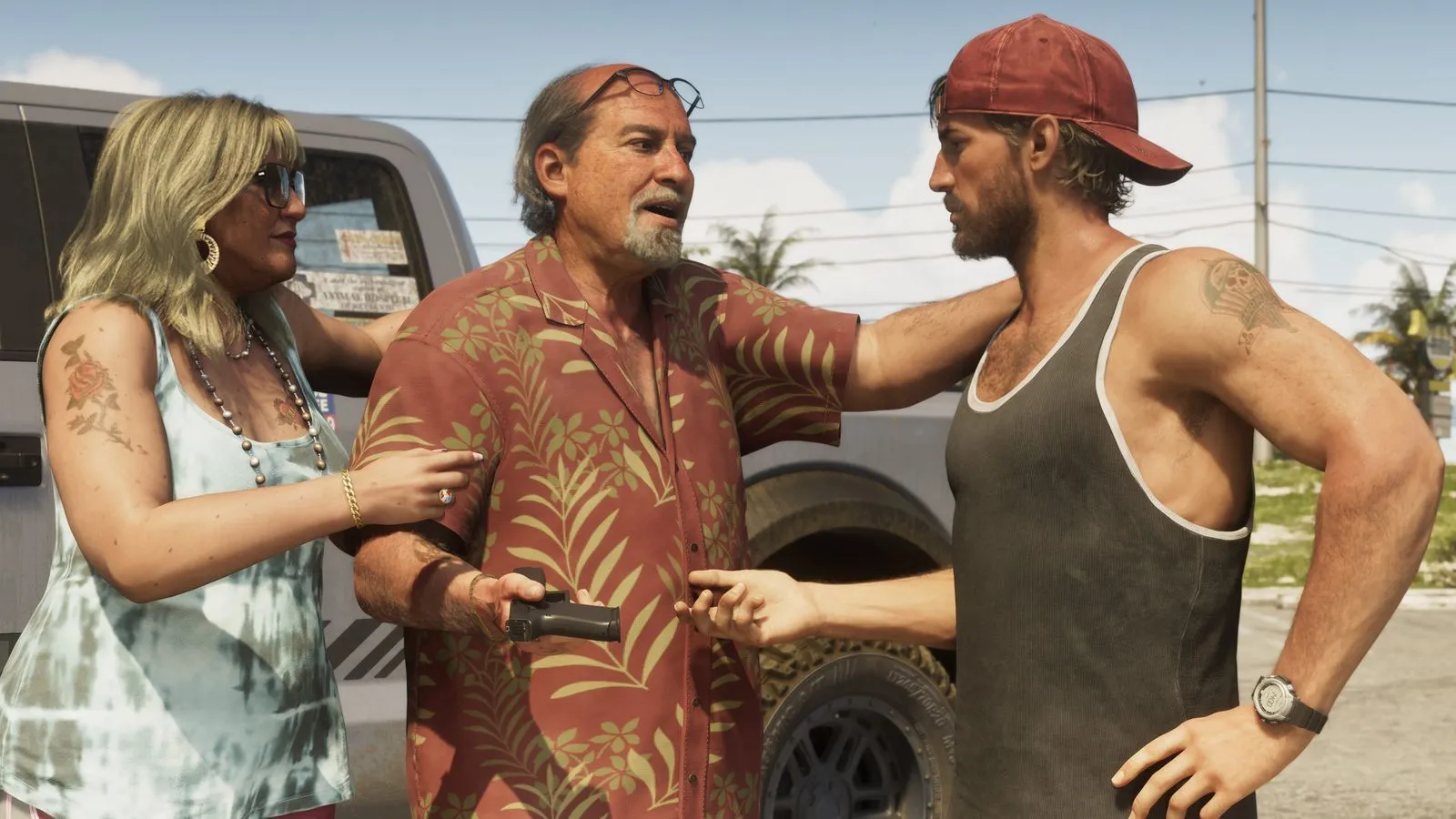
Image courtesy of Rockstar Games
GTA 6 including Skrilla’s viral hit isn’t just chasing trends - it’s legitimizing internet culture and potentially launching careers. If Rockstar implements any kind of user-generated music content or creator-focused music features, Vice City could become a launchpad for independent artists reaching massive audiences.
Why This Actually Matters
Strip away the speculation, and here’s the reality: music has always been GTA’s secret weapon. With GTA 6 launching November 2026, Rockstar has watched Fortnite’s concert success, Roblox’s creator economy, and the music industry’s gaming partnerships - learning what works and what doesn’t. Whether Vice City gets full virtual concerts or expanded radio systems, the foundation is there: confirmed tracks showing cultural range, Skrilla’s viral hit proving they embrace internet culture, and that 182,000% Pointer Sisters spike demonstrating raw marketing power. If Rockstar cracks authentic music monetization, it won’t just be a game launching - it’ll be a music platform that could reshape the entire industry.
TLDR (For lazy players) 😉
Q: What viral song is confirmed for GTA 6’s soundtrack?
A: Rapper Skrilla’s TikTok hit “Doot Doot (6 7)” is confirmed. Plus, “Hot Together” by The Pointer Sisters got a 182,000% Spotify spike after Trailer 2. Rockstar’s mixing meme culture with classics.
Q: Will GTA 6 have live virtual concerts like Fortnite?
A: Not confirmed, but the industry precedent is there. Fortnite’s Travis Scott and Ariana Grande concerts proved it works - free attendance, monetize through exclusive cosmetics. Vice City’s got perfect venues (beaches, stadiums, clubs) if Rockstar goes this route.
Q: How do other games make money from music content?
A: Fortnite Festival charges 500 V-Bucks (~$4.50) per song. Guitar Hero Live had pay-per-play streaming. Roblox sells concert-themed avatar items. Battle passes, exclusive skins, and limited-time merchandise are the proven models.
Q: What artists are rumored for GTA 6?
A: Drake, DJ Khaled (Miami roots), Kendrick Lamar, T-Pain, and Megan Thee Stallion all have rumors swirling. Nothing confirmed beyond trailer tracks, but Rockstar’s clearly bridging classic hits with contemporary culture.
Q: Could players actually make money from GTA 6’s music features?
A: Potentially. If Rockstar implements creator tools, you might curate custom radio stations, own virtual venues (nightclubs/concert halls), or share music-based content. Think GTA Online nightclubs but expanded with actual monetization through the creator economy.
Q: Why does GTA’s soundtrack matter so much culturally?
A: GTA doesn’t just license music - it launches careers. Danny Brown, Jay Rock, and Flying Lotus gained massive audiences through GTA V. When The Pointer Sisters hit that 182,000% Spotify spike, it proved Rockstar has cultural dominance. GTA 6 could make or break artists.
Q: What confirmed songs are in GTA 6 so far?
A: From trailers: Tom Petty (“Love is a Long Road”), The Pointer Sisters (“Hot Together”), Wang Chung (“Everybody Have Fun Tonight”), Tammy Wynette (“Talkin’ to Myself Again”), Zenglen (“Child Support” - Haitian compas), plus Skrilla’s viral hit. Mix of rock, pop, country, and cultural diversity.
Share the hype

